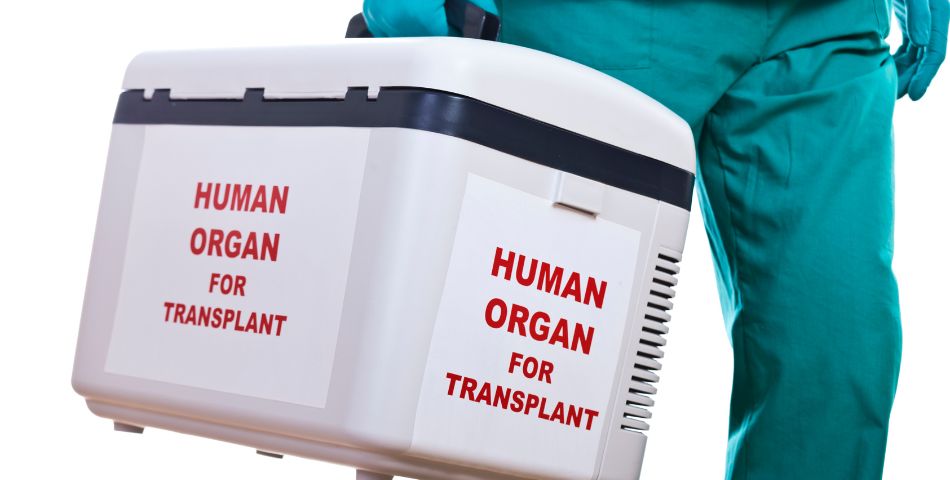
Organ Donation
Organ donation is the surgical removal of an organ or tissue from a single individual and transplanting it into another. Transplantation is required when the donor's organ fails or is damaged due to illness or accident. Organ donation can involve the kidneys, lungs, heart, liver, and pancreas.
Types of Organ Donations
Organ donation falls into two categories:
- Living Organ Donation
- Deceased Organ Donation
Ethical Principles of Organ Donation
Some of the ethical principles considered, they were:
(1) Acts that upgrade the opportunity to donate feasible organs respect the patient's probable interest in becoming an organ donor.
(2) The authority of substitute decision making for severely ill patients whose wishes are unknown extends to decisions regarding organs.
Organ transplantation should be carried only when it is believed that it provides a benefit to the beneficiary. Decisions towards the transplantation of organs should consider the condition of the organ as well as the general health and medical need of the receiver and the successful outcome of the transplantation.
The Main factor is an individual’s psychological and physical wellbeing should be supported as respects possible throughout the process. This may include referral for psychosocial support, medical interventions, or treatments (e.g., dialysis, the use of medical devices such as ventricular assist devices) and proper support to attach the necessary on-going treatment and health advice after organ transplantation.
Ethical and Legal Rules for Deceased Organ Donation
Deceased organ donation is erect upon two ethical and legal rules:
The Dead Donor
The dead donor rule is regularly formulated as the rule that ‘donors must be set on to be dead before their organs are recovered’.
Consenting Donor Rules
Globally, there are different law-making models for the consenting donor rule:
- opt-in
- opt-out
- Hybrid and soft or hard enforcement
Consent to donation may officially permit donation, but it is not necessary that donation happen what clinicians should do in a particular circumstance. Clinicians' movement guided by professional ethics, operating within the border set by law, and based on science, ethics, and cultural expectations.
Ethical Issues of Organ Donation After Death
Donation following cardiac death raises a variety of ethical standards, such as when and how death is formally proclaimed and potential conflicts of interest for doctors overseeing the withdrawal of life support for a patient whose organs are to be received for transplantation, and the use of a substitute decision maker.
Authority for Removal of Human Organ
The standards say that before removing a human organ from the body of a donor before his death, a medical professional should satisfy himself that the donor has given authorization. He should also confirm the following:
- The donor has a proper health condition to donate the organ. The registered medical professional should then sign a certificate as specified in Format.
- The donor is a close relative of the beneficiary as certified has signed.
- The donor has applied in jointly with the receiver and the proposed donation has been approved by the concerned medical authority. The relationship between the donor and recipient also needs to be verified to the satisfaction of the Registered Medical Professional in charge of the transplant center.
Before extracting a human organ from a deceased person's body, a licensed medical professional must certify the following:
- The donor had, in the presence of two or more witnesses (at least one of whom is a close relative of the recipient), unquestionably authorized as specified in Form 5.
- The person lawfully in possession of the dead body has signed a certificate as specified in standards.
A registered medical professional shall before remove a human organ from the body of a donor in the event of brain-stem death, confirm the following:
- A certificate as specified in Form 8 has been signed by a member of the Board of Medical Experts.
- A certificate stated in Form 8 has been certified by members of the Board of Medical Experts in cases of brain-stem death in individuals under the age of 18, and either parent has signed Form 9's authorized person section.

